Bilbao and Bayonne observe bioethanol
- Merchandise traffic in Basque ports (almost 47 million tons) increased in 2006, mainly in Bilbao, and remained similarly in Pasaia and Bayonne. The ports of Bilbao and Bayonne have shown interest in the production and market of bioethanol and biodiesel. On the other hand, the traffic of goods in Basque airports decreased by 13.2%.
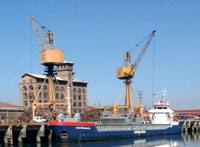
The ports of Bilbao and Bayonne have shown interest in the production and/or market of bioethanol and biodiesel included in clean energy. This follows from the plans presented to the public in the presentation of the 2006 results. Those in charge of the Port of Bilbao, which has the largest facilities on the Basque coast, announced that the entity has already approved the construction of “a second biodiesel production plant and another bioethanol plant”. The representatives of the port of Bayonne, on the other hand, have announced new lines of work for the port in view of the decrease in certain
traffic that have been common until now. Such as investments to attract new markets – and among them the bioethanol market. In this sense, the Spanish company Abengoa of Seville plans to build a bioethanol refinery in Lack, using essentially corn to produce bioethanol. If things go as planned, from next year this company will use the services of the port of Bayonne and the services of the merchandise storage company LBC located in the port itself. In 2006, the port of Bayonne received almost 4 million tons of traffic. Refined products, maize, fertilizers, sulfur, steel products and chemicals are the main traffics of local goods.
With regard to new agricultural fuels such as ethanol and biodiesel, it should be noted that farmers and farmers' organizations see threats, fraud and deception. They believe that these fuels will not solve the agricultural and climate crisis and, on the contrary, will compete with food production.
The Basque commercial ports moved to a total of over 46.7 tons in 2006. In addition to the almost four million tons of Bayonne mentioned above, Bilbao moved more than 37.2 million tons and the port of Pasaia moved more than another 5.5 million tons. Bayonne maintained a load similar to the previous year, but the load of the port of Bilbao was 12% higher and that of Pasaia was 1.7% higher.
Port of Bilbao: increased traffic to China
The favourable evolution of the economic situation has also been noted in port traffic. This traffic is, as always, a good thermometer to keep abreast of the situation. The port of Bilbao has seen a significant increase in the transport of goods and passengers for three consecutive years. In 2006 it moved 37.2 million tons, almost four million more than the previous year, an increase of 11.95%. Imports increased by 13 per cent and exports by 9 per cent. The port of Bilbao ranks fourth in the ranking of ports of the Spanish State, after the ports of Algeciras, Valencia and Barcelona.
Crude oil – nearly nine million tons – and refined petroleum derivatives – four million tons – are the most important products of local traffic. Coal, scrap, chemicals and other minerals, pulp, and spare machines are all behind, but far away. Great Britain remains the main trading area. However, China has increased considerably in the last year, both in terms of the goods it transports in containers and in terms of conventional general goods.
In passenger transport, it transported more than 185,000 passengers in 2006, an increase of 4% compared to the previous year.
The port of Bilbao has a turnover of more than 62 million euros. The resources generated accounted for more than 50% of the turnover, reaching 31.8 million euros. On the other hand, the investments made during the year reached 33 million euros. To this end, the port of Bilbao received a €2.4 million grant from Europe.
Pasaia: the main product of scrap
Merchandise traffic in the port of Pasaia moved to more than 5.5 million tons last year, an increase of 1.7% compared to the previous year. The port’s turnover was 13,700,000 euros, 1.8% higher than the previous year.
Scrap is still the main traffic product of the port of Pasaia, which accounts for 36.02% of all goods. However, there has been a significant increase in the traffic of cars and steel products. A total of 232,000 vehicles passed through the passage in 2006, of which 26,000 were imported and 206,000 were exported. The most popular brands are: Opel (87,000 vehicles), Mercedes and Volkswagen. On the other hand, steel products increased by 5% (reaching 1,400,000 tons), 700,000 for export and so many for import. They mainly imported reels for the construction of cars. The third most important commodity was coal, with 723,000 tons transported. Most of the coal went to the thermal power plant in Pasaia.
The activity of the fishing port of Pasaia, on the other hand, is decreasing every year. In the previous year it fell by 12.5% - for example, last year it collected 11,271 tons of fish and the previous year it collected 12,873 tons. The main reason for this is the closure of the anchovy coves.
Herri txikiak bizirik dauden eremuak direla eta bizirik jarraitzeko herriari begiratuko dion eskola gakoa dela aldarrikatuko dute, aurten ere, Gipuzkoako Eskola Txikien Festan. Ekainaren 8an ospatuko dute, igandean, Ezkio-Itsason, landa guneko herri txikiak hezkuntzarako zein... [+]
Asiako herrialde gehien-gehienak bertan izateak oso izaera eta giro berezia ematen diolako, eta hedabide-estaldura ere halakoa duelako, aparteko sona lortu du hogei urteren buruan IISS-International Institute for Strategic Studies britainiarrak Singapurren antolatzen duen Asia... [+]
Support for genocide
Within the State of Israel, there is considerable support for the latest operation. Haaretz has released the results of a survey conducted for the Pennsylvania State University, which shows that 82 percent of “Israelis” support the comprehensive... [+]









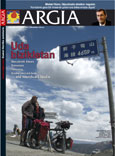




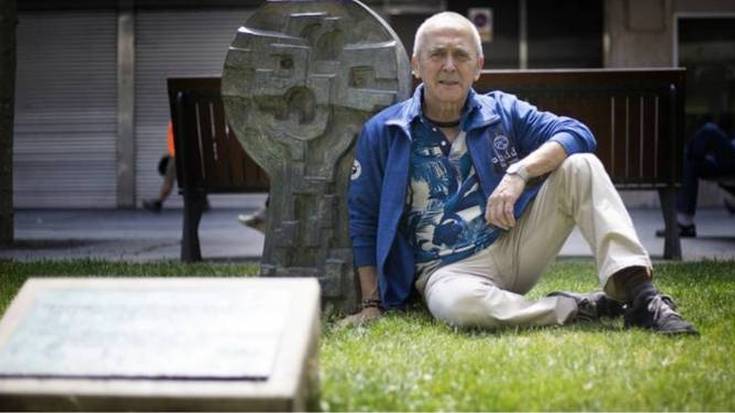

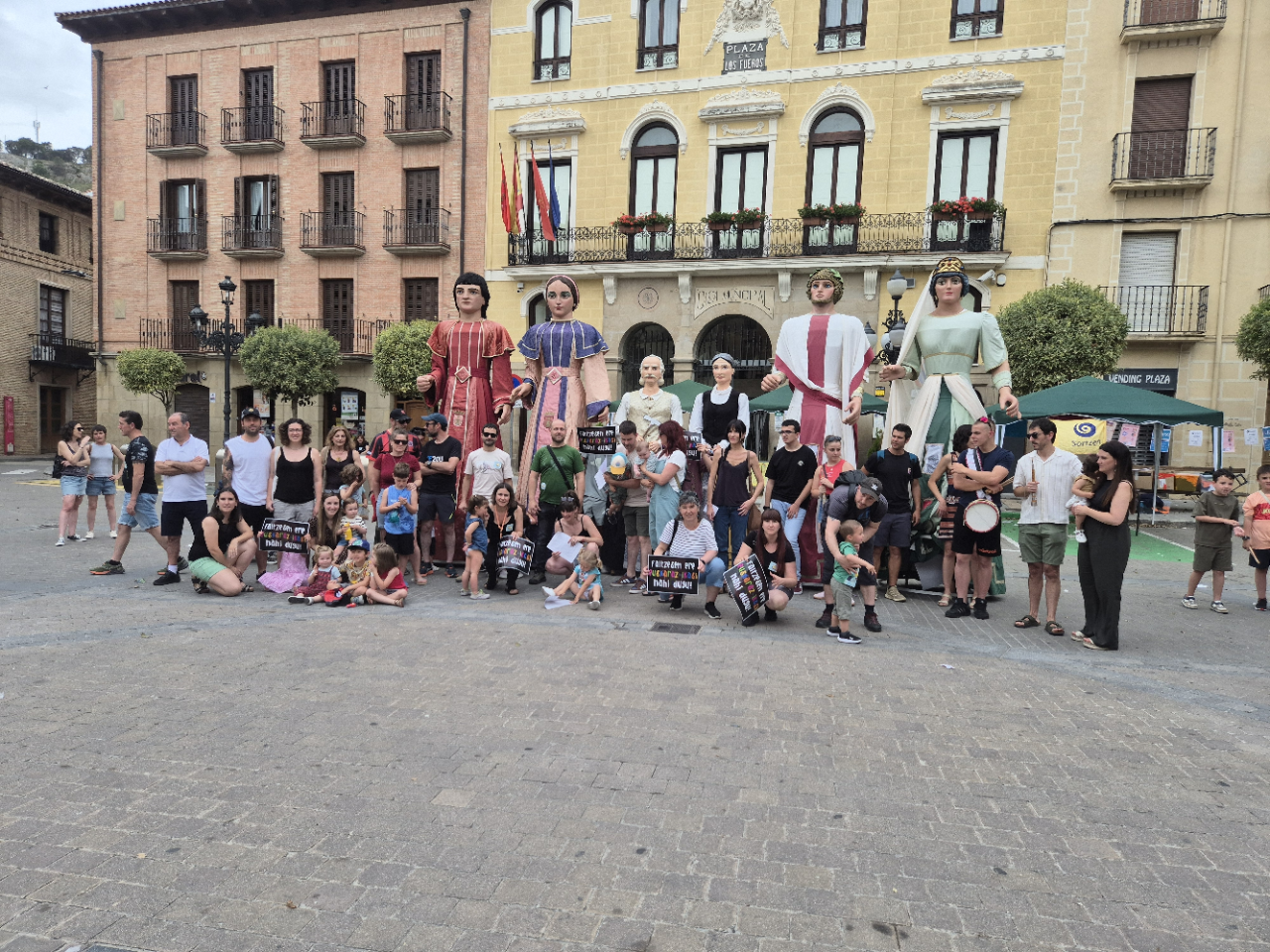

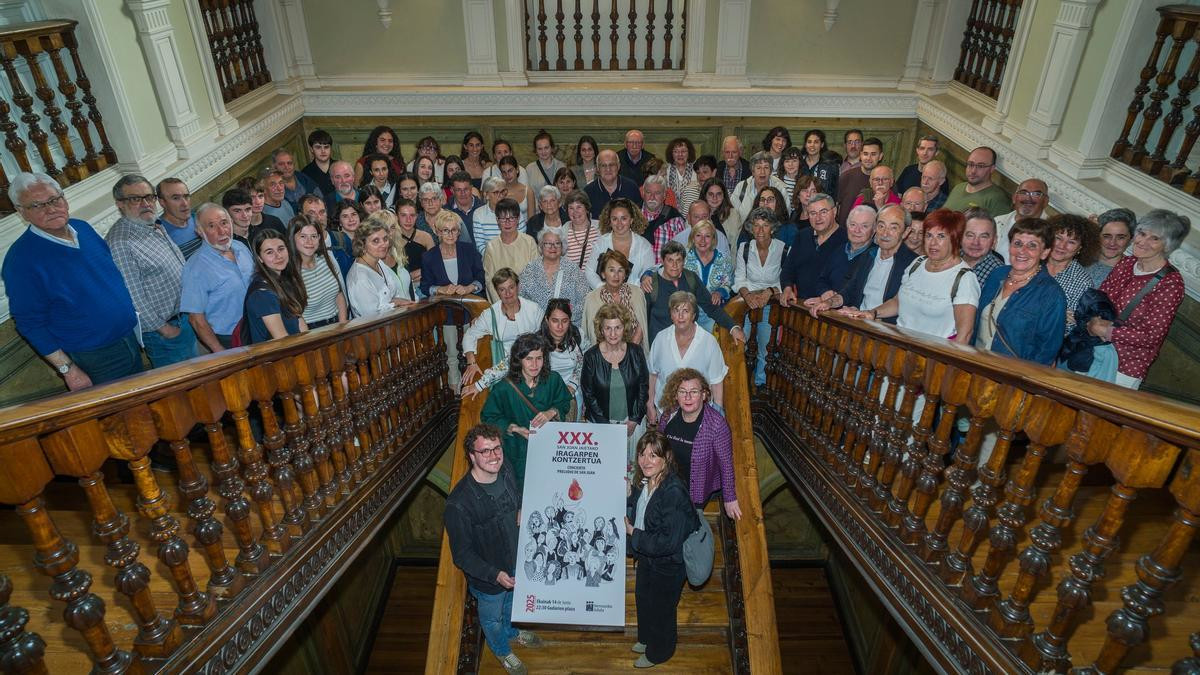
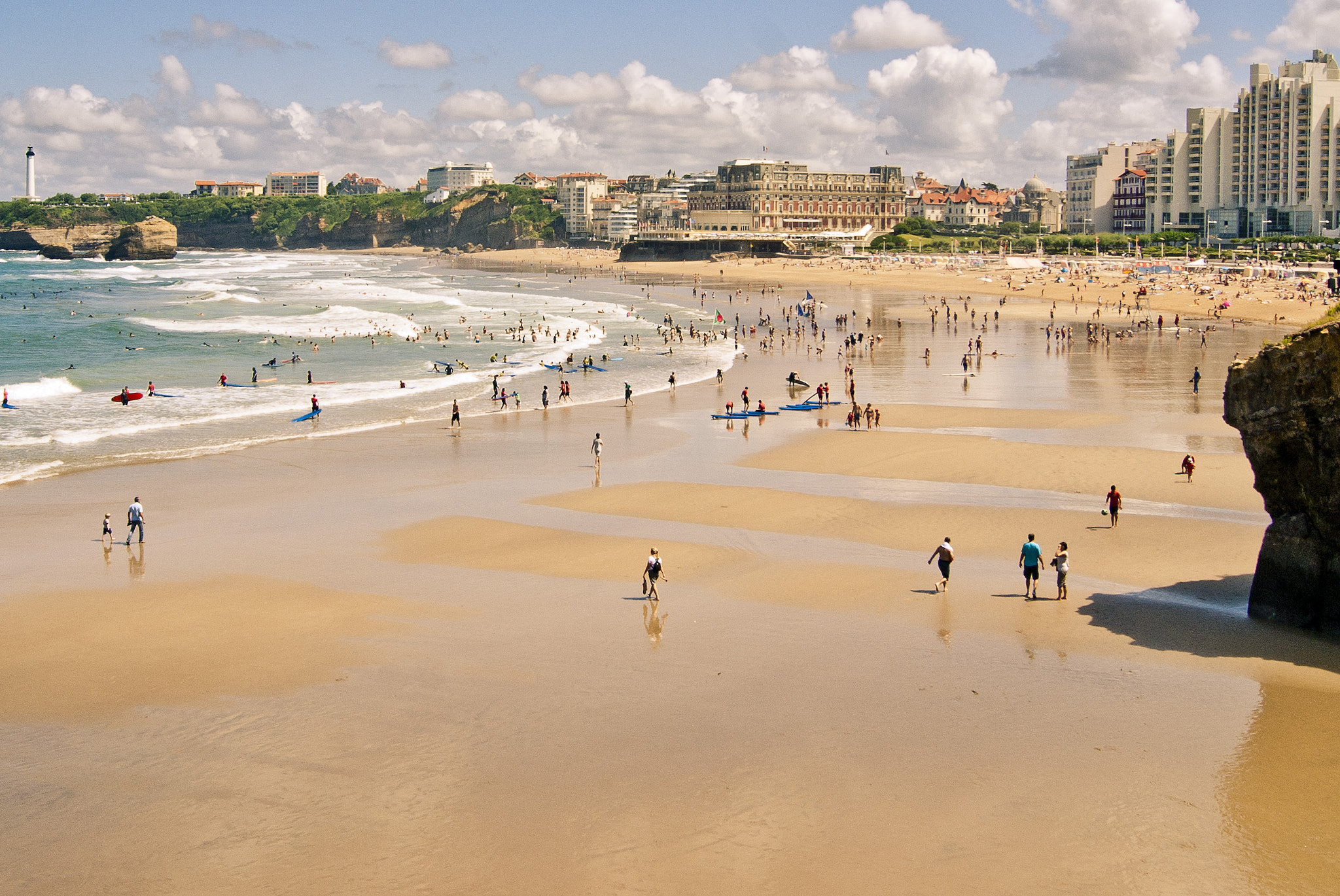
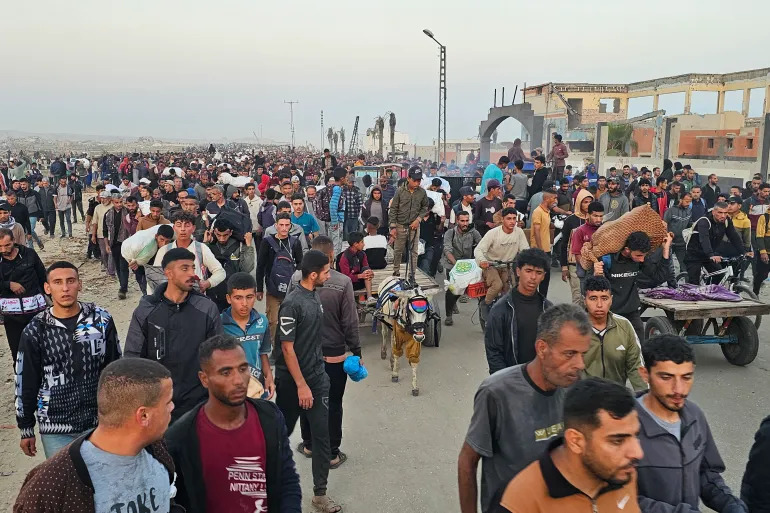

-M.jpg)

